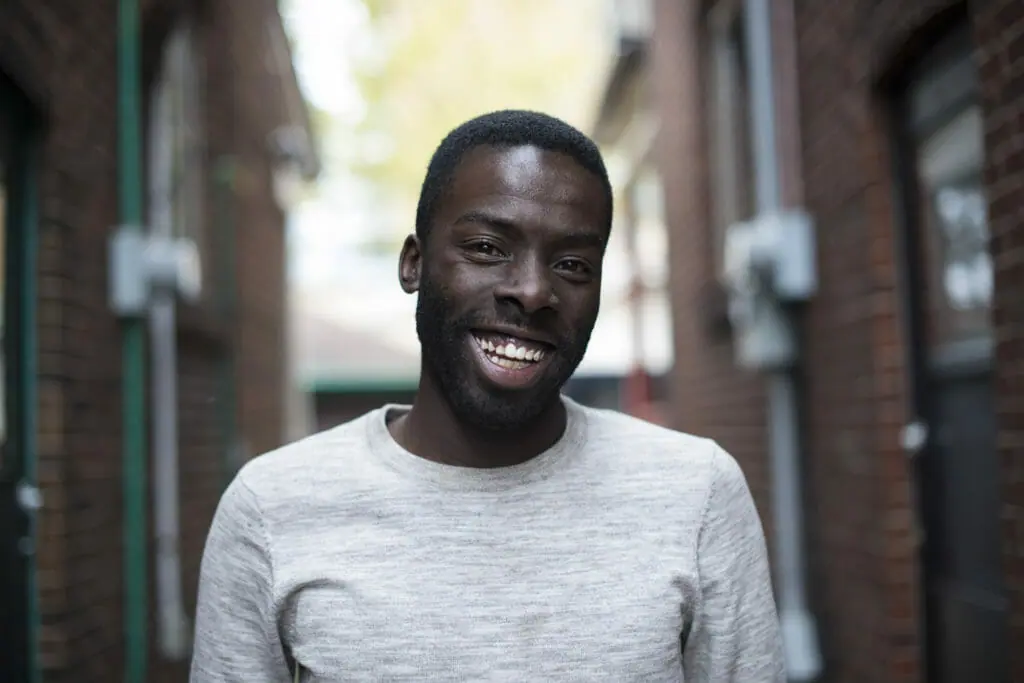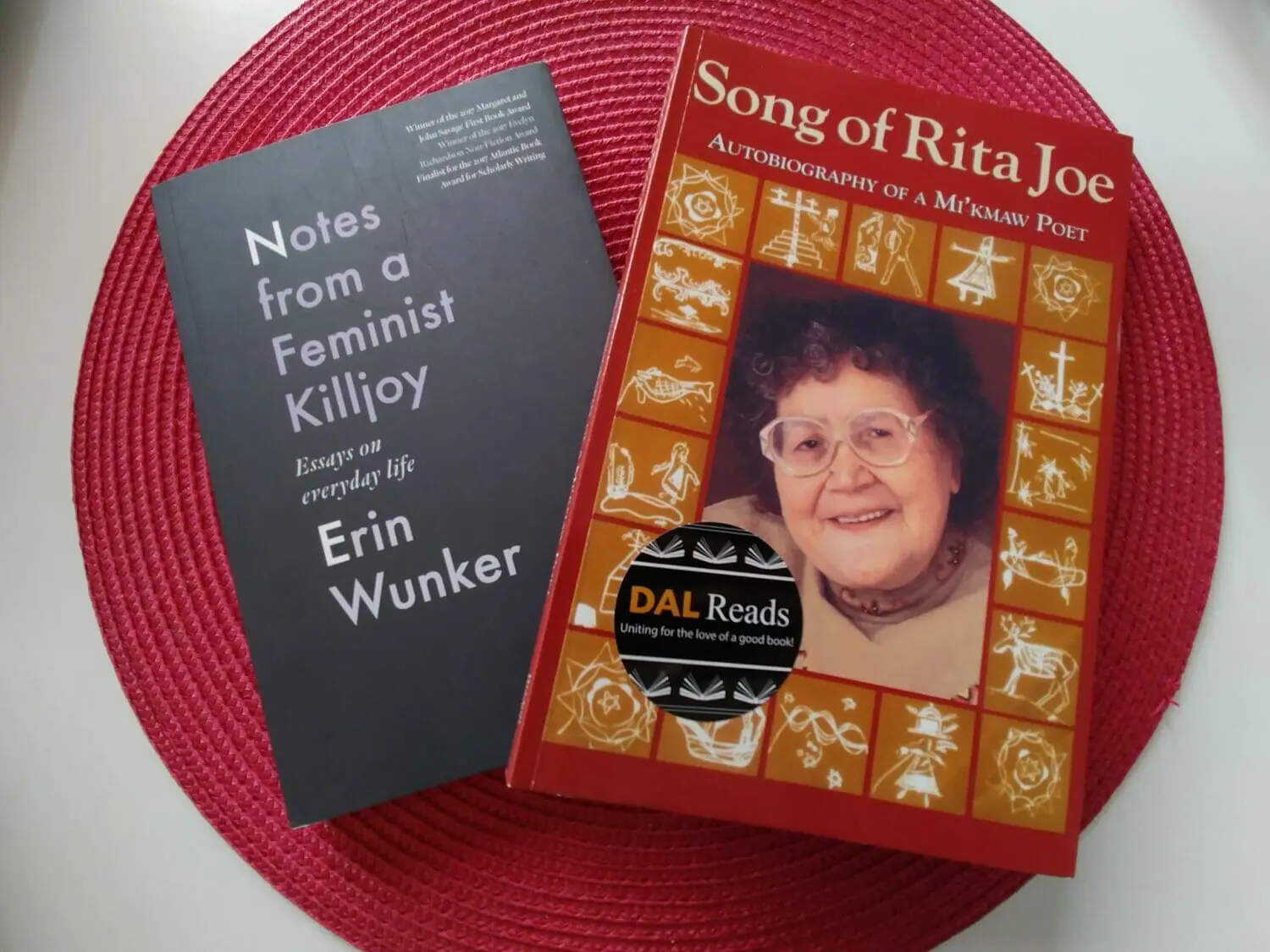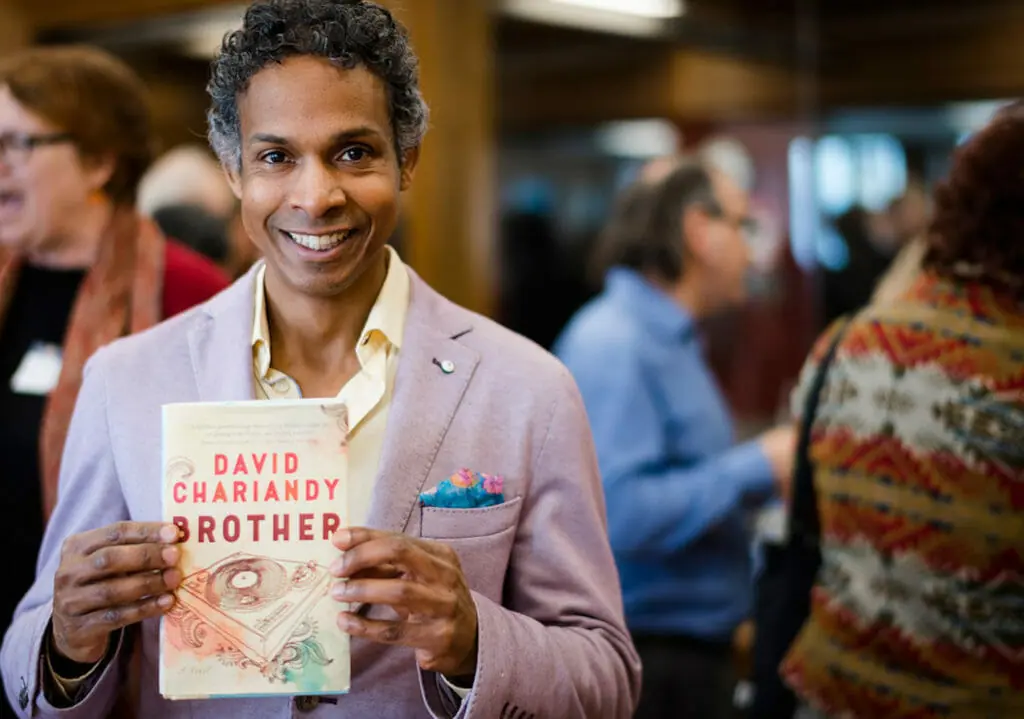With files from Rebecca Dingwell, editor-in-chief
2020 is here, and the insanity of our world continues.
2019 was marked by worldwide mass protests, and Canada was no exception. We protested about everything, including climate change and pipelines. But while there’s been greater visibility of issues that largely affect minorities, there seems to be a growing lack of understanding of the discrimination faced by marginalized people.
This year, why not take an active role in learning about the experiences of marginalized communities? Why not take the steps to educate yourself?
Check out these works of fiction and non-fiction by Canadian and Indigenous authors who have important stories to share.

The Skin We’re In (2020)
Desmond Cole is not afraid to speak the truth. In his first book, he expands on a 2015 article he wrote for Toronto Life where he describes the multiple times he’s been carded by Toronto police simply because he is Black.
In the book, Cole dives into issues of police brutality, border control and the overall fight against racism for Black people in Canada. Cole affirms that this country is not a haven of multiculturalism and anti-racism, despite what many of its citizens like to think.
Cole is coming to Halifax on Feb. 13 to promote The Skin We’re In. He will speak at Alumni Hall at the University of King’s College with local writer, professor and activist El Jones.
21 Things You May Not Know About the Indian Act (2018)
Also based on a widely read article, Bob Joseph’s 21 Things is a detailed and accessible guide to the 1876 Indian Act, which has controlled and subjugated Indigenous people in Canada for almost 150 years.
As Canada works toward reconciliation, Joseph argues that learning the history of the Act is essential for all Indigenous and non-Indigenous people on this land.
When Everything Feels Like the Movies (2014)
Although it’s a young-adult novel, author Raziel Reid deals with heavy and violent subject matter in this gripping work of fiction.
The story is narrated by protagonist Jude who sees his entire life as a movie. But while Jude lives an exciting fantasy in his head, he faces real-life problems of bullying and discrimination because of his sexuality. Reid creates a harsh yet genuine depiction of growing up in a small community as an LGBTQ2S+ youth.
Notes from a Feminist Killjoy: Essays on Everyday Life (2016)
This incredibly engaging and sharp collection of essays is written by Erin Wunker, an author and English professor at Dalhousie University.
Through anecdotes from her own life, news stories and scholarly research, Wunker explores the persistence of rape culture, the complexity of feminist mothering and the importance of female friendships. Wunker teaches her readers how to fight the seemingly mundane instances of misogyny and patriarchy in everyday life.
Song of Rita Joe (2011)
Rita Joe’s life story is one you’ll never forget. In her autobiography, the Mi’kmaw poet from Whycocomagh, Cape Breton recounts happy memories from her childhood and terrible experiences of abuse from her time at Shubenacadie Indian Residential School. Joe died in 2007, but her place in Indigenous literature and history will never be forgotten.
Joe’s autobiography was selected for Dal Reads this school year. Free copies are available at the Killam Memorial Library.
Brother (2017)
The second novel by acclaimed Canadian author David Chariandy is about two brothers, who are second-generation immigrants, living in Scarborough, Ontario.
Although fiction, Chariandy shows his readers the harsh realities of police violence against Black communities, and the unrelenting struggles of low-income immigrant populations.
Before the Parade (2019)
Written by local journalist and activist Rebecca Rose, Before the Parade is a valuable history book on Halifax’s lesbian, gay and bisexual community.
Rose covers the years 1972 to 1984. After the Stonewall Riots, these years were pivotal in fighting for greater acceptance for the queer community. In the book, Rose interviews elders of Halifax’s LGB community whose activism was crucial in the ’70s and ’80s.
This One Looks Like a Boy (2019)
Lorimer Shenher is a former detective who’s written about his experience investigating the Robert Pickton case in British Columbia. Now, he’s sharing an equally emotional story. Through his recent memoir This One Looks Like a Boy: My Journey to Life as a Man, Shenher recounts his struggles towards accepting himself as a transgender man, and ultimately finding happiness.



Recent Comments